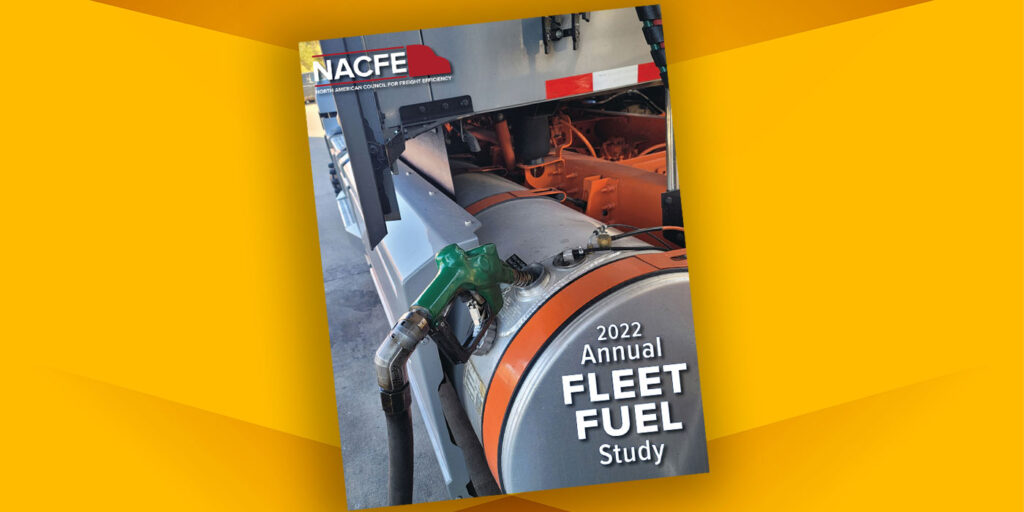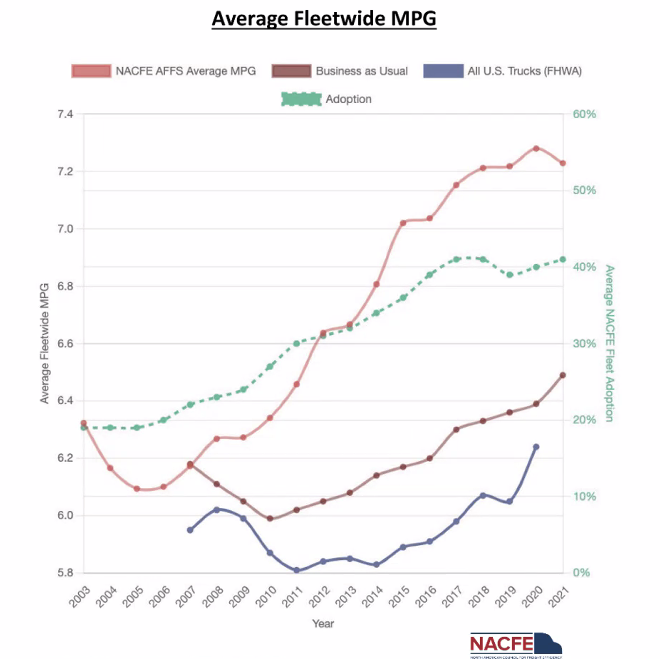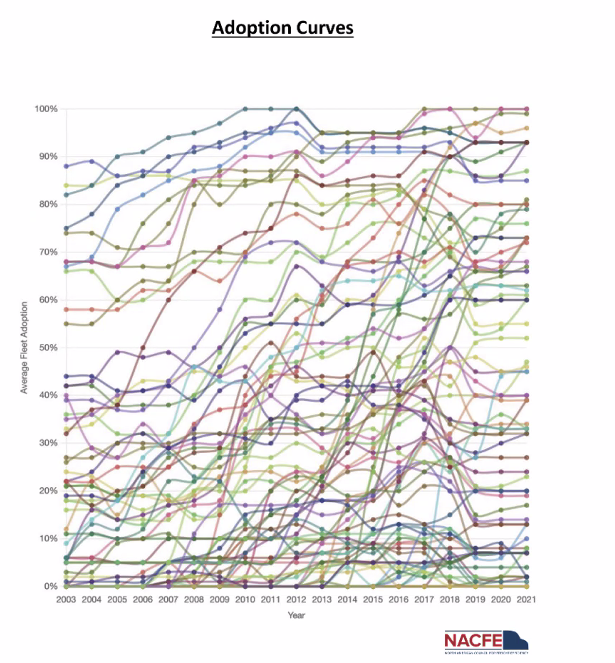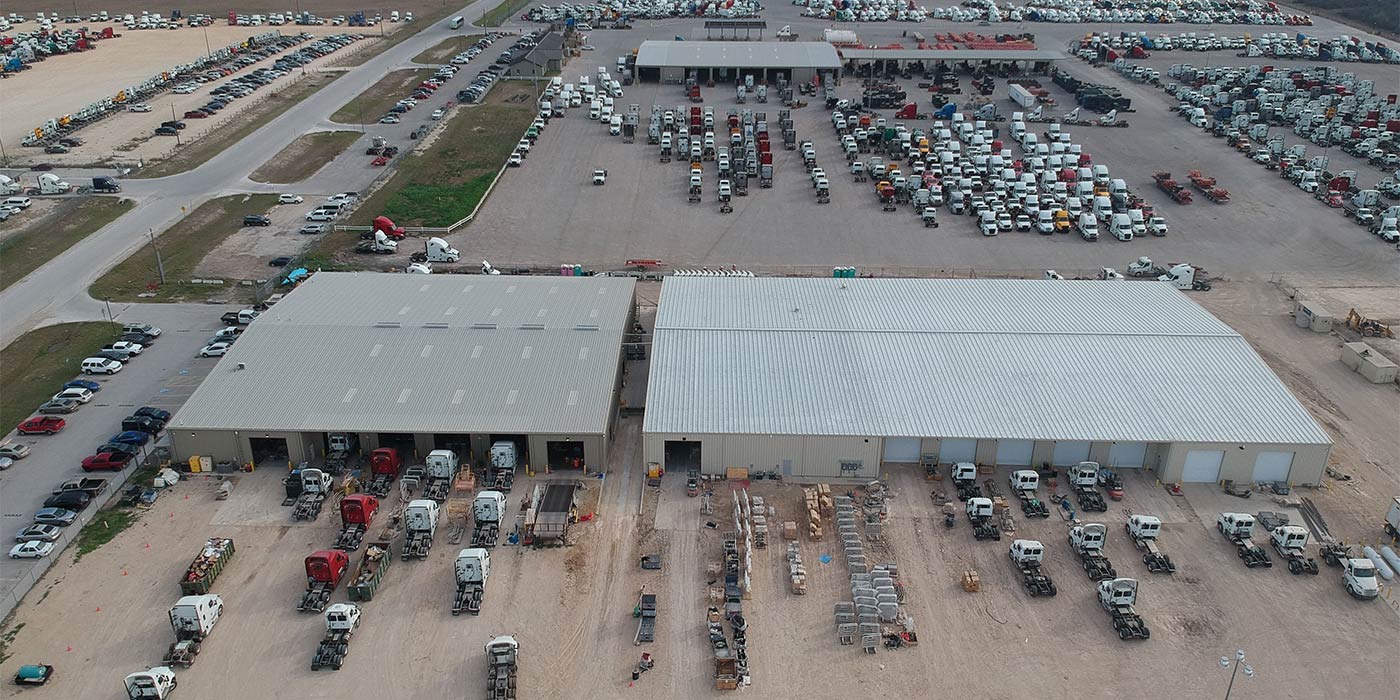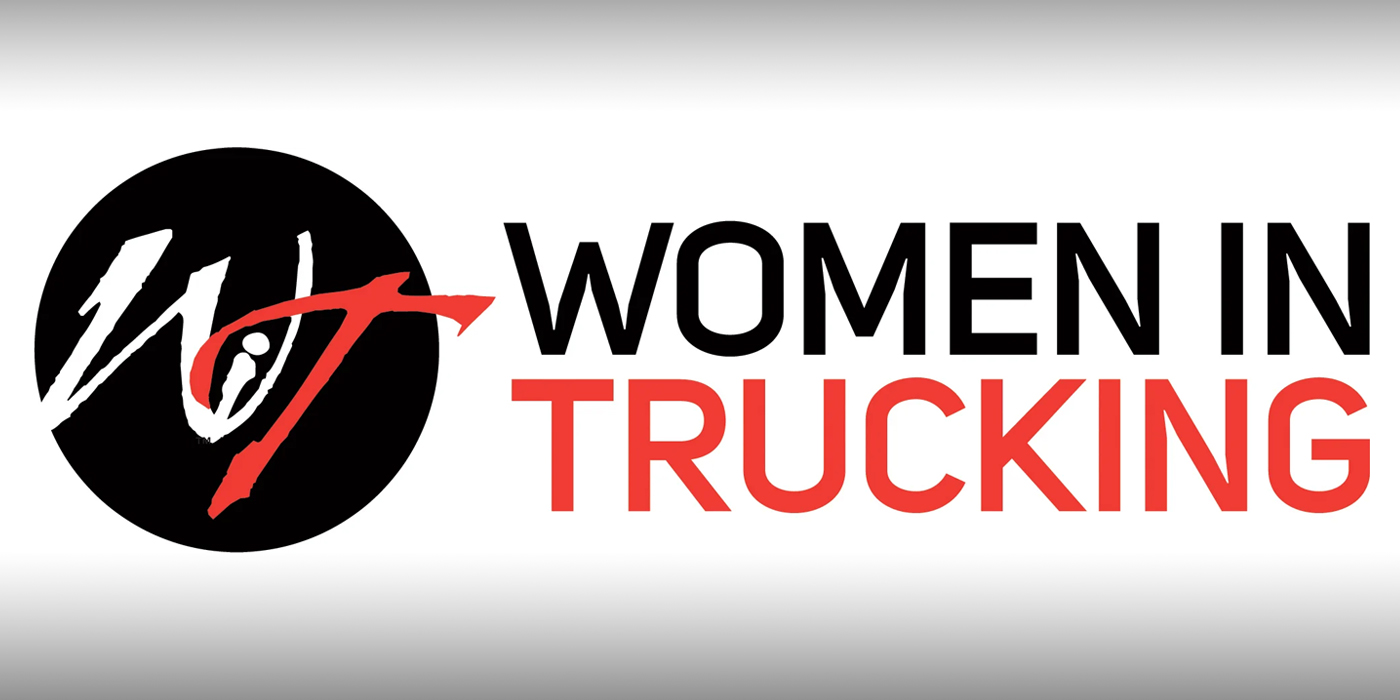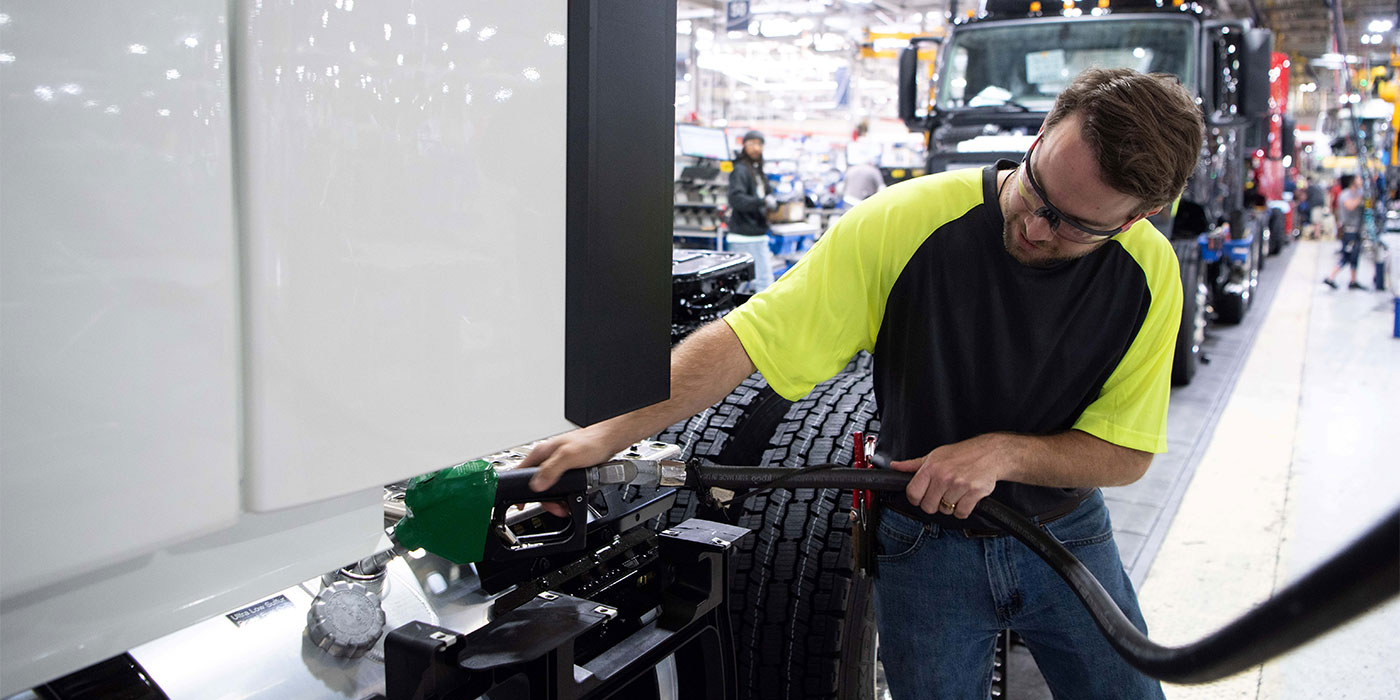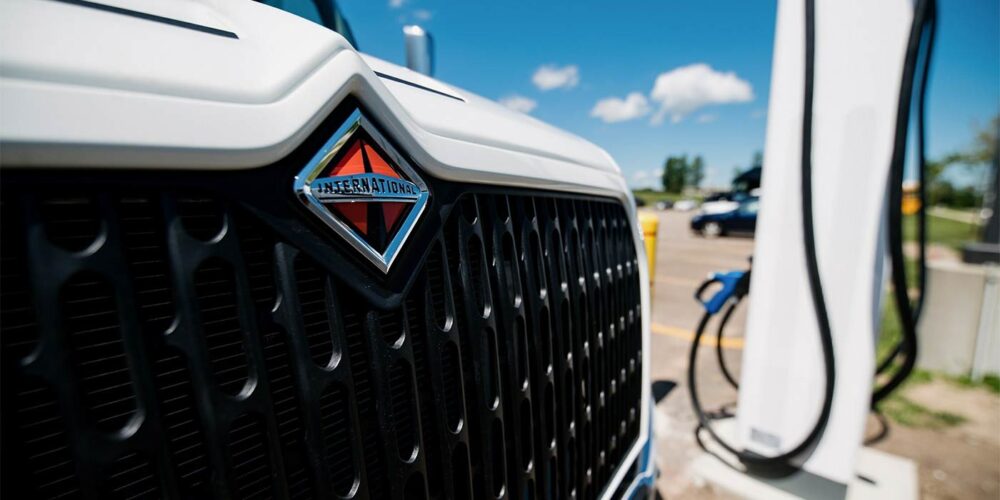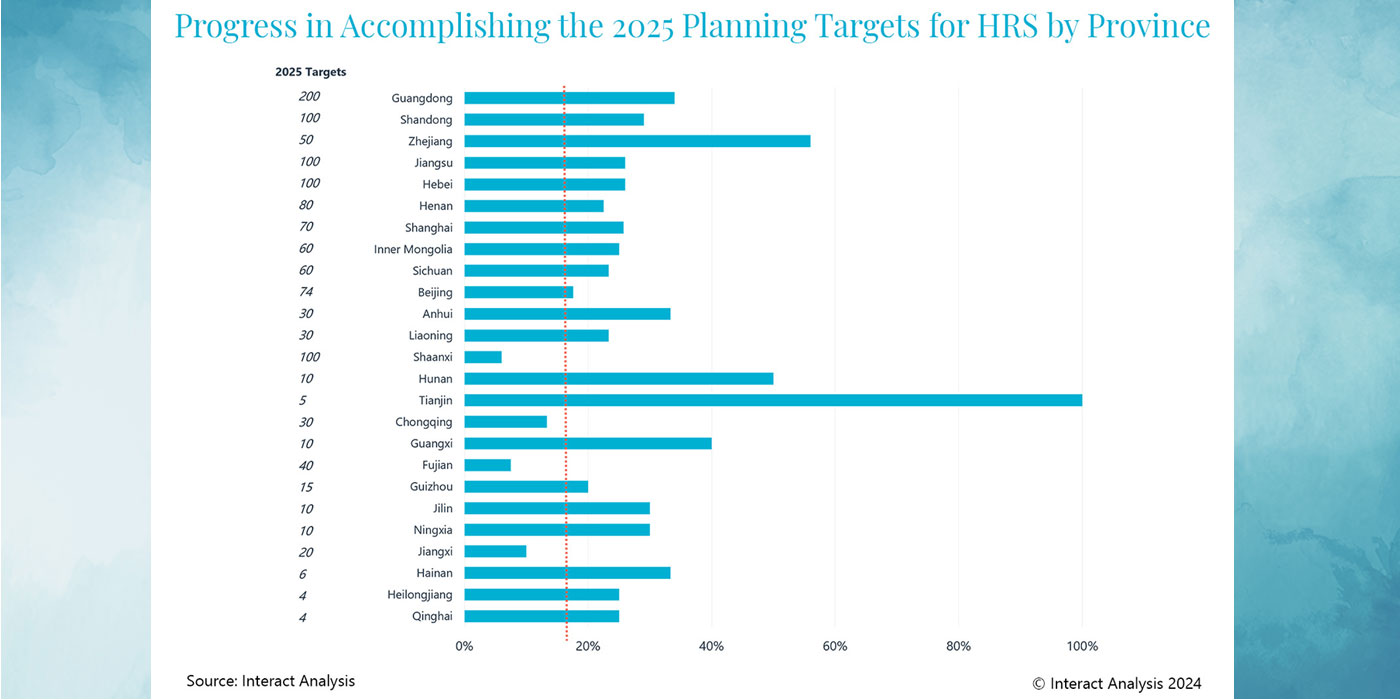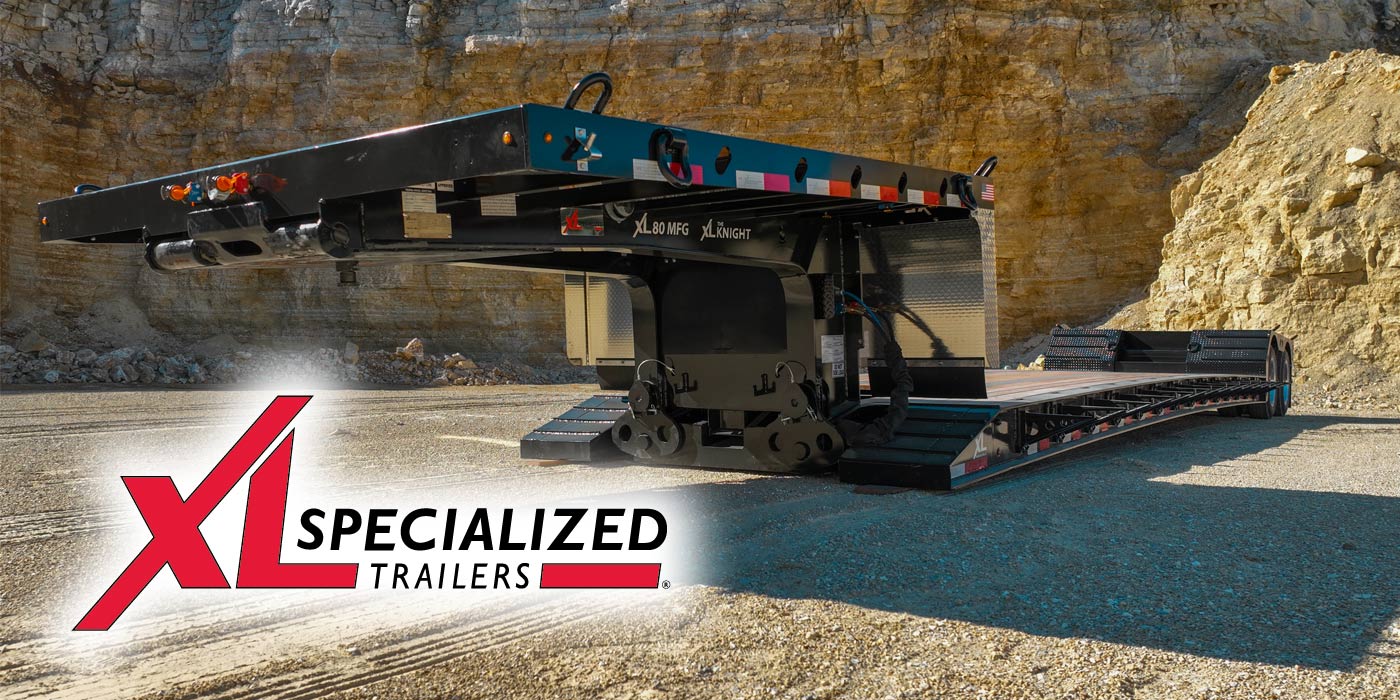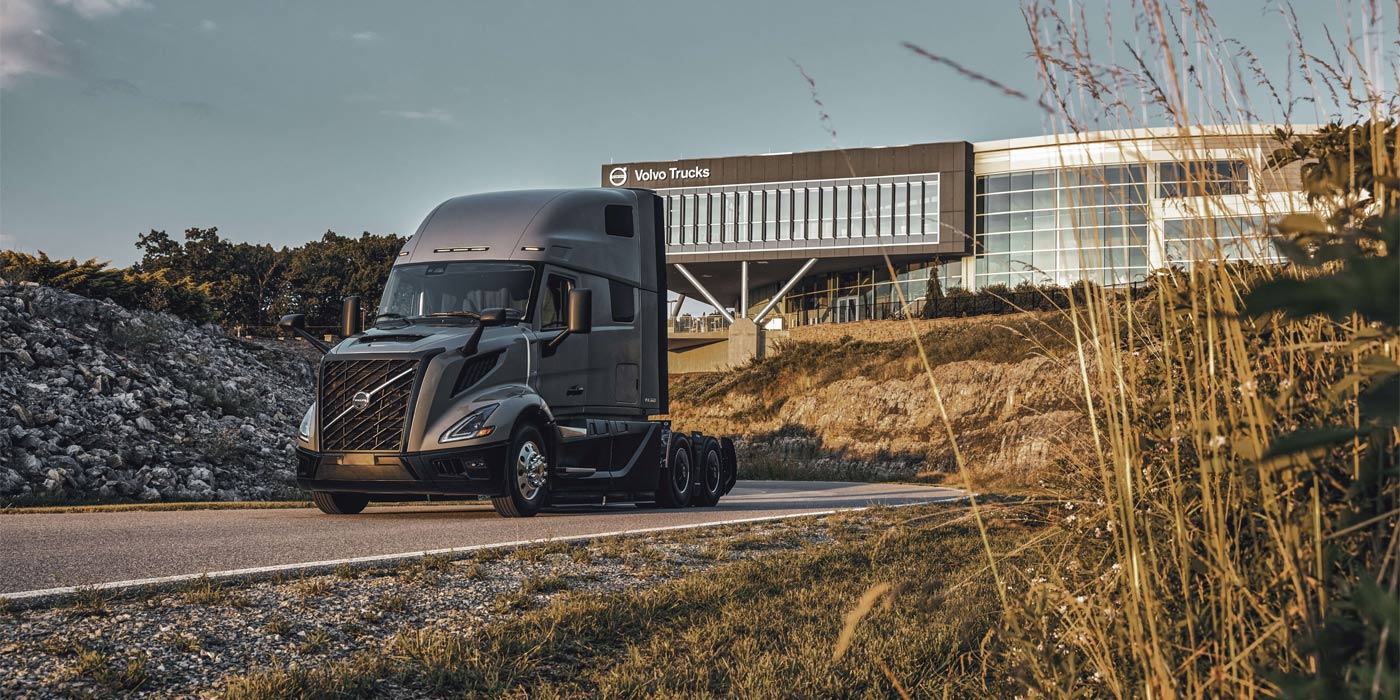The North American Council for Freight Efficiency (NACFE) recently released its 2022 Fleet Fuel Study. A deep dive that analyzes the adoption of fuel-efficient technologies among major North American fleets. After a three-year, COVID-related pause from 2019-2021, NACFE is eager to share its findings in this report, investigating the adoption of various products and practices to improve fuel economy.
Don’t have the time to give it a read? Here at FE, we’re doing the heavy lifting so you don’t have to. After analyzing the findings, we have put together a rundown of the study’s main points.
After seven consecutive year-over-year increases averaging 2%, fleet-wide average fuel economy from participants in the NACFE Annual Fleet Fuel Study (AFFS) was flat at 7.24 MPG from 2018 through 2021. It is worth noting that the average MPG of the nation’s fleet has risen from 5.98 MPG to 6.24 in the last three years.
“This is a significant improvement and has helped the operators of the 1.7 million tractors operating in the U.S. reduce their fuel costs,” says Mike Roeth, NACFE’s executive director.
The 15 fleets in the 2022 Annual Fleet Fuel Study, operating 75,000 trucks, saved $540 million in 2021 compared to the average trucks on the road.
Freight efficiency technologies are becoming increasingly important to a lot of companies across the board who are looking to get the most out of every mile driven and participate in the evident fuel savings. Don’t take my word for it though – check out this chart!
There’s a lot going on here, so let me give you some context: This graph represents the adoption rate of fuel efficient technologies for the average fleet starting in 2003 to 2021. If you take a closer look right around the 2012 mark, you’ll notice a dramatic change in adoption rate as the lines rapidly incline. This indicates a growing concentration on improving fuel economy through products and practices.
It’s typical to jump to the solution of electrification while trying to tackle any decarbonization challenge. However, according to Roeth, fuel efficiency can additionally play a big role in decarbonization efforts.
“Increasing fuel efficiency is a definite sustainability action taken by fleets today that burns less fuel. They don’t have to wait to deploy zero-emission trucks to make a difference,” Roeth added.
The report concludes with the following recommendations for fleets:
- Collect and monitor fuel consumption by vehicle.
- Commit to and budget for an ongoing plan of MPG improvement.
- If possible, develop a test route and test driver with which to test new technologies.
- When purchasing used equipment, purchase equipment from fleets known for having good fuel economy.
- Allow for failure. Not all technologies will be right for your application and duty cycle.
Additionally, NACFE is providing an interactive benchmarking tool along with the report for the first time. This online tool gives fleets the ability to enter information on their own adoption practices for the studied technologies to see how they compare to the fleets in the study. Fleets that use the benchmarking tool will receive a customized link to an interactive report that will include the user’s responses prioritized by the technologies that have the greatest gap between the user and the average of the AFFS fleets.
The Executive Summary and AFFS Report can be downloaded here.
The Benchmarking Tool can be accessed here.

